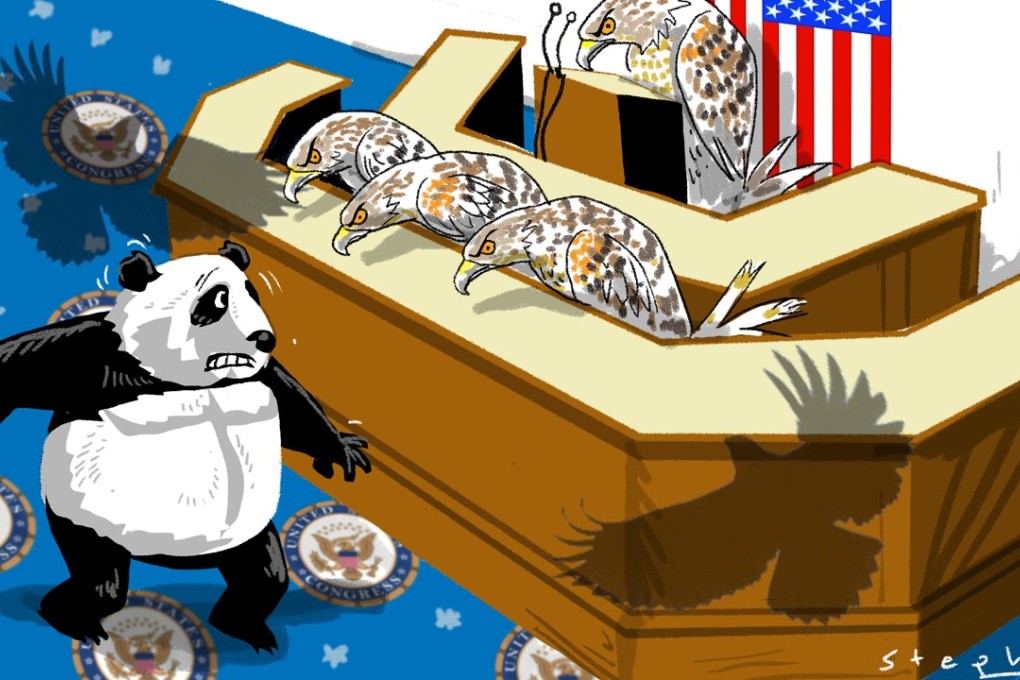Advertisement
Opinion | Xinjiang bill shows China-bashing isn’t just a game for America’s hawks any more
- Chi Wang says views of China have changed across the US, evidenced by broad support for the resolution on Uygur persecution
- China should recognise this and begin taking steps to mend ties, starting at the G20 meeting between Xi and Trump
Reading Time:4 minutes
Why you can trust SCMP

As a Chinese-American with 50 years’ experience working with the State Department and Library of Congress, I interacted frequently with members of Congress, including such prominent figures as Ted Kennedy, Charles Percy, Henry Jackson, Mike Mansfield and Bob Dole. Throughout the 1970s, 1980s and 1990s, there was strong, open support and sympathy for China and Chinese people among Congress. Yet, in the past 10 years, much appears to have changed. While Congress used to speak of engaging and cooperating with China, it now seems committed to competing and containing.
Dating back to the late 1970s and the normalisation of China-US relations, successive administrations and Congresses have argued that engaging with China and promoting its growth would lead to eventual democratisation. In 2000, when Congress agreed to grant China permanent most-favoured-nation status, Congress attached a provision requiring the establishment of a joint commission that would submit an annual report on the status of human rights in China. Congress made this stipulation to appease the concerns of members who criticised granting China this status on human rights grounds.
The most recent annual report by the Congressional-Executive Commission on China was released in October. In the opening statement, the committee’s co-chairs, Senator Marco Rubio and Representative Chris Smith, question the previous logic behind US-China ties, and suggest the dawn of a new era in relations between the two countries, requiring a recalculation of the strategic and economic interests of the United States regarding Beijing.
Advertisement
Rubio summarised his position in a recent interview with The Washington Post, critiquing the prior logic behind China policy as an “enormous miscalculation and, frankly, it was probably an assumption that early in my career I somewhat shared. And it is now clear that it's not going to work out that way.”
Already, there are new and compelling indicators that Congress will take a harder stance towards human rights issues in China. Legislation was introduced in the House and Senate targeting China’s crackdown on Uygurs and other Muslim minority groups in Xinjiang. Rubio, chairman of the Congressional-Executive Commission on China, and Senator Bob Menendez introduced the Senate version of the bill on November 14.
Advertisement
Select Voice
Choose your listening speed
Get through articles 2x faster
1.25x
250 WPM
Slow
Average
Fast
1.25x
